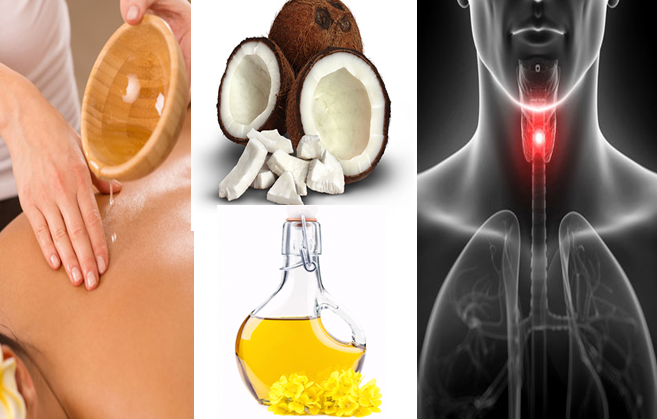Oat and nut milks are ideal for those following a dairy-free diet, and they are surprisingly simple to make at home. We show you how easy it is to make your own oat, almond and cashew milks.
Supermarket shelves are increasingly stocked with alternatives to traditional cow's milk, with oat and nut varieties among the most popular choices for us to pop in our shopping baskets. But is shop-bought the best option? We set out to discover just how easy and economical these dairy-free drinks are to make at home. Follow our cookery team's top tips, and get soaking, blitzing and squeezing to make these vegan milks...
This basic recipe can be adapted for use with oats, almonds or cashews - just remember that you'll need a greater weight of nuts than you will oats.
Place 100g oats or 150g whole almonds or cashews in a large bowl and cover with water. Pop some cling film over the top, and leave to soak overnight or for at least 4 hrs.
The next day, drain and rinse the oats or nuts well, then tip them into a blender with 750ml cold water and whizz up until smooth.
Pour the mixture into a nut milk bag or a muslin-lined sieve set over a jug, and allow to drip through. Stir the mixture gently with a spoon to speed it up, if you like.
Top tips
Overnight soaking
Soaking oats or nuts overnight will result in a creamier, more nutritious milk, but if you're pushed for time, a couple of hours soaking will still yield good results.
Sweeten it up
If you prefer a sweeter flavoured milk, add 1-2 pitted medjool dates before blending. Alternatively, you could stir through a couple of drops of vanilla essence or 1/2 tbsp maple syrup. A pinch of cinnamon or salt will further enhance the flavour.
Buy in bulk
If you're planning to make nut milk frequently, buying nuts in bulk can be cheaper. Still feeling the pinch? You can even use a combination of seeds (such as sunflower seeds) and nuts to bring the cost down further.
Don't let leftover nut pulp be relegated to the rubbish bin. You can use the leftover almond pulp in baking - we used it in our lighter lemon drizzle cake with delicious results. Leftover cashew pulp can be used to make a quick dip - simply combine the pulp with 1 tbsp tahini, the juice from 1 lemon, a pinch each of smoked paprika and cumin and 1 tbsp olive oil. Sprinkle over a little za'atar, smoked paprika and a drizzle of olive oil, then get stuck in - crudités at the ready!
Stir it up
As homemade milks don't have any added emulsifiers, they will separate, but this is nothing to worry about - simply give it a good stir before using each time.
As part of our investigations, we also tried making coconut and rice milks - however, we wouldn't recommend making these at home. We found that the sheer amount of coconut that we had to buy to get a creamy consistency for the coconut milk meant that it would be much more economical to buy it from a shop. Our homemade rice milk also separated extremely quickly and was too thin to pass as 'milk'. Shop-bought varieties tend to have emulsifiers, oil and preservatives in them to improve the consistency and give a longer shelf-life, so we'd recommend buying the occasional bottle rather than making rice milk from scratch.

























0 commentaires: